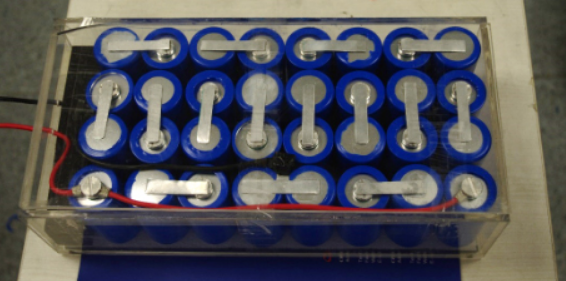The International Advanced Research Centre for Powder Metallurgy and New Materials (ARCI), an autonomous R&D center under the Department of Science and Technology (DST), Govt. of India, has signed an agreement with Bengaluru-based Nsure Reliable Power Solutions, for technical know-how transfer and training in Li-ion battery fabrication.
The Centre for Automotive Energy Materials, ARCI, has developed Li-ion battery technology and demonstrated its successful application in electric scooters and solar street lamps.
It has successfully fabricated prismatic/cylindrical cells (up to 20 Ah) and lithium-ion battery modules up to 48V, 1 kWh. On-road test trials conducted with e-cycle and e-scooter using these lithium battery modules have shown a range of 30 km/charge and 52 km/charge, respectively.
Dr. Anil Kakodkar, Chairman, Governing Council, ARCI, said that the partnership between ARCI and Nsure Reliable Power Solutions is an important milestone to address challenges associated with climate change and carbon footprints. He emphasized the need for indigenous technology development for sustenance and highlighted the importance of partnership between R&D labs and industries to take technologies to higher technology readiness levels. He also stressed the need for competent human resources, multiple formats to leverage complementary resources of stakeholders in the innovation ecosystem, and government support for technology upscaling and commercialization.
Kakodkar said that the ARCI-Nsure agreement can be a role model for how such an ecosystem can evolve in the country.
“The cost of electrode materials contributes significantly towards the overall cost of LiBs, and as India is heavily dependent on import of these materials, it has become essential to indigenously develop a technology and support industrial organizations in LIB technology,” said Dr Tata Narasinga Rao, Director, ARCI.
ARCI is developing several cathodes, anodes, and binder materials that could increase the performance and lifetime of lithium-ion batteries for EVs. The cathode materials include LFP, NMC, NCA, LMO, LNMO, and FeF3, whereas high energy/power density anodes include Si, Sn, MoO3, WO3, SnO2, Fe3O4, graphene, carbon nanohorns/nanotubes.






